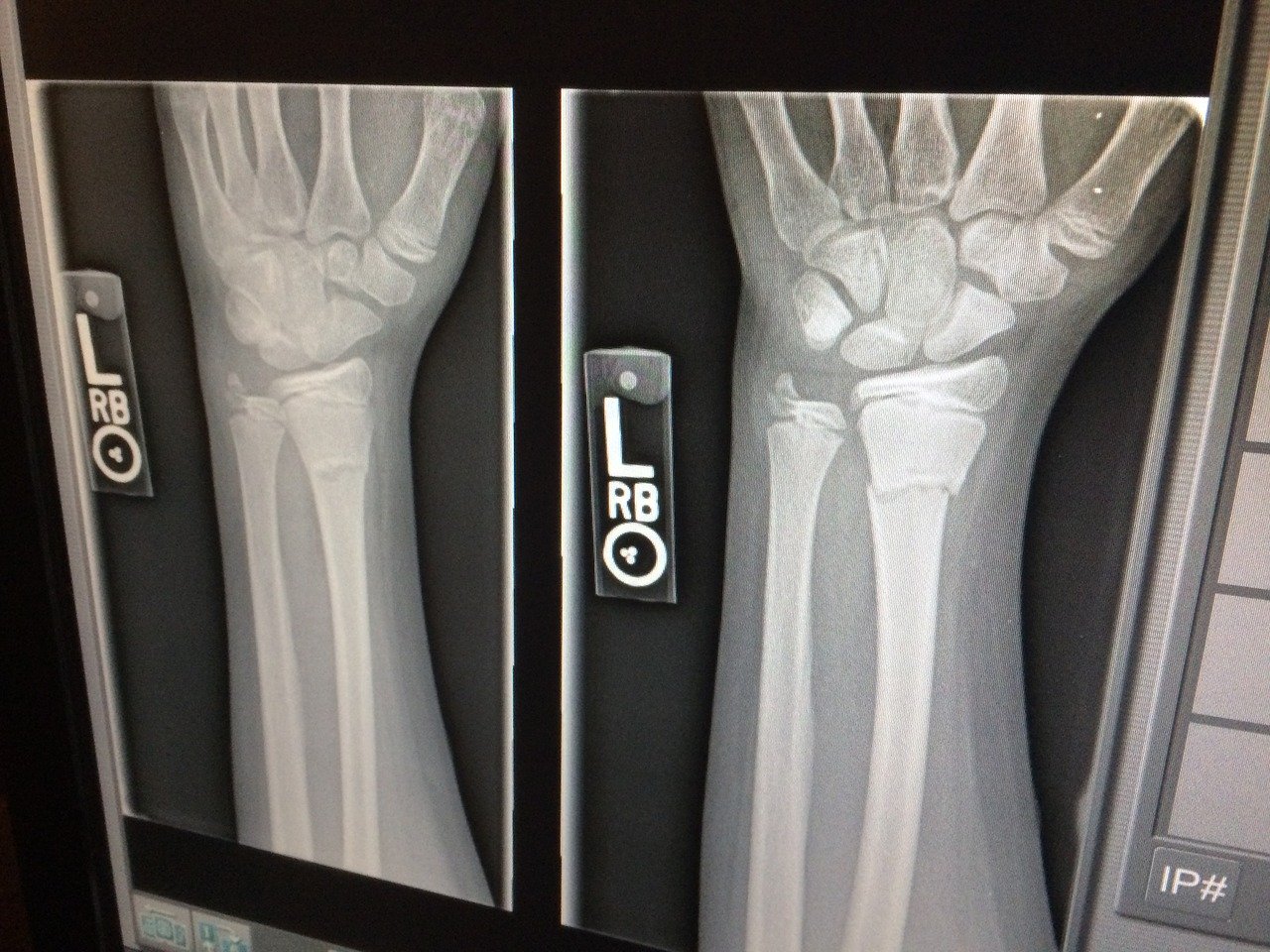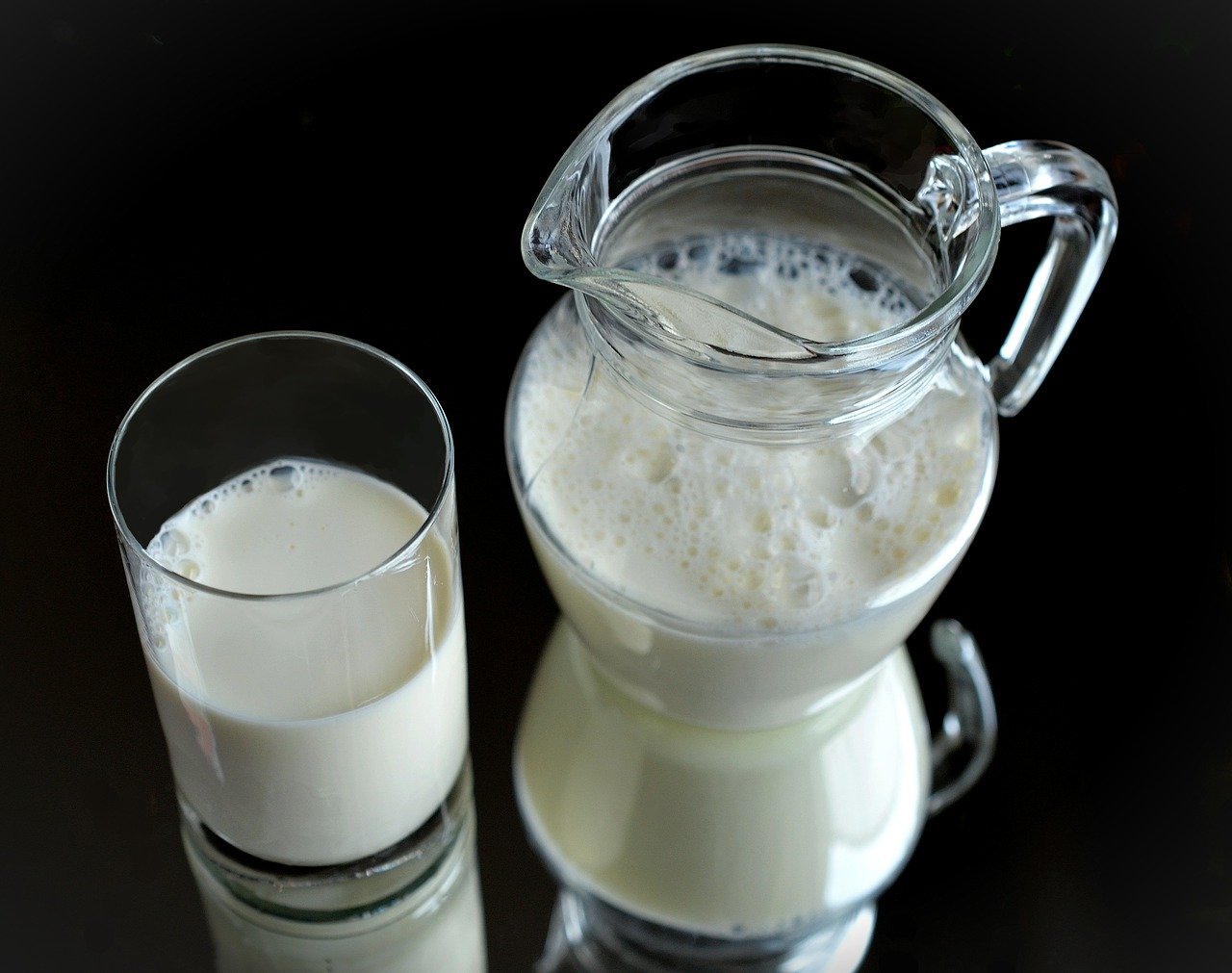In April 2020 researchers from New Zealand published their review on calcium and/or vitamin D supplementation for the prevention of fragility fractures. The researchers stated that as vitamin D and … Read more
An adequate milk consumption at various stages of life helps in the prevention/control of various chronic medical conditions
In May 2019 researchers from Spain published their review of the medical scientific literature to assess the impact of dairy intake on health and all-cause mortality, and on the prevention … Read more
Monthly high-dose vitamin D supplementation does not prevent a range of diseases, but may be beneficial for some intermediate outcomes in people who have vitamin D deficiency
In May 2019 researchers from New Zealand published the results of their study to assess the effectiveness of monthly vitamin D supplementation in reducing the incidence of a range of … Read more
Drinking coffee 4+ cups/day appears to increase the risk of hip fracture, whilst 2-3 cups/day may reduce the risk in postmenopausal women
In July 2018 researchers from the USA and Singapore published the results of their study to assess the association between consumption of coffee, tea and caffeine and risk of hip … Read more
Daily tea consumption appears to be associated with a moderately reduced risk of fracture hospitalization whilst individuals with decades of tea consumption and those preferring green tea have a reduced risk of hip fracture
In November 2018 researchers from China and the UK published the results of their study to assess the association between tea consumption and risk of fractures in Chinese adults. A … Read more
Fish consumption and a dietary intake of omega-3 polyunsaturated fatty acids may have a protective effect on bone health and reduce the risk of hip fracture
In December 2017 researchers from Iran published their review of the medical scientific literature to assess the association of fish consumption and dietary intake of omega-3 polyunsaturated fatty acids with … Read more
An increased intake of saturated fatty acids increases the risk of hip fracture and an increased intake of monounsaturated fatty acids derived from animal sources increases the risk of fractures
In September 2018 researchers from Iran published their review of the medical scientific literature to assess the association between dietary fat intake, saturated fatty acids, monounsaturated fatty acids and the … Read more
Winter, increased barometric pressure, and higher humidity are associated with higher presentation rates of carpal tunnel syndrome, trigger finger, DeQuervain’s tenosynovitis, lateral epicondylitis, hand arthritis, and distal radius fractures
In July 2018 researchers from the USA published the results of their study to assess whether there are any seasonal and weather variations in the presentation of common upper extremity … Read more
Can interventions changing gut microbiota composition and/or function reduce the risk of bone fractures?
In February 2019 a researcher from Switzerland published his review on gut microbiota and its role in bone health. He stated that gut microbiota is made up of trillions of … Read more
Higher dietary vitamin C intake is associated with a reduced risk of hip fracture and osteoporosis, as well as a higher bone mineral density at the femoral neck and lumbar spine
In April 2018 researchers from Iran published their review of the scientific literature which assessed the association between vitamin C intake and bone mineral density, risk of fractures and osteoporosis. … Read more










